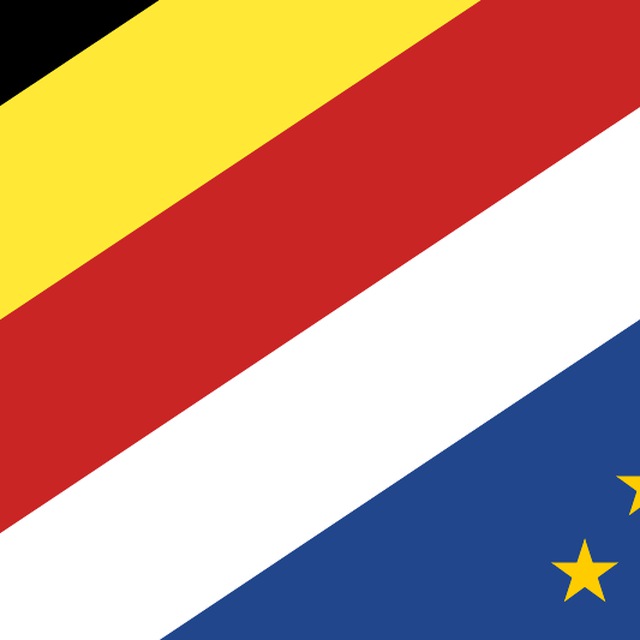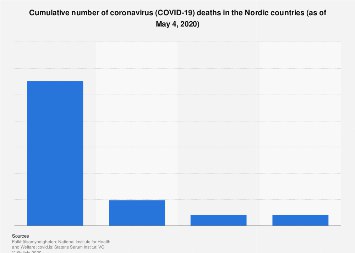C
Size: a a a

Benelux - Бенилюкс (Бельгия, Нидерланды, Люксембург) — мы здесь живем!
1955 membersпожаловаться на группу
2021 February 17
А есть тут те, кто вернулся обратно на родину?
N
все очень просто: кому страшно - нехай сидят дома по собственному желанию, а не потому что вождь законы подгоняет под ситуацию
Яааснооо. Запиисала. А тем кому не хочется убивать куда?
SR
А есть тут те, кто вернулся обратно на родину?
тоже хороший вопрос, кстати. вроде кто-то реально тут про это писал, если не ошибаюсь
U0
Natalja
Яааснооо. Запиисала. А тем кому не хочется убивать куда?
Тоже можете дома сидеть!
U0
Кого УБИВАТЬ то лол
🤖F
Открыла отчёт и вижу там такое:
Хотя бы вот это говорит о том, что во всех исследованиях есть проблемы, связанные с тем, что либо невозможно проконтролировать, что действительно люди носили маски и носили маски правильно, либо выборки ограниченные и чтобы была статистическая значимость, нужно больше людей. Речь о том, что текущих исследований не хватает, чтобы доказать эффективность или неэффективность ношения масок.
https://nplus1.ru/blog/2021/01/29/manaus
Пример из Бразилии.
There is limited evidence on the effectiveness of medical face masks for the prevention
of COVID-19 in the community. We identified only one randomised controlled trial (RCT), with around 3 000
participants in each of the intervention (medical face mask) and the control group [19]. The study showed an
18% decrease in the incidence of COVID-19 among people in the intervention group compared to the control
group; however, this difference was not statistically significant. Although this study was conducted at a time of
low incidence of COVID-19, leading to a relatively low number of events, the results support a relative reduction
of risk lower than 50%. There was a risk of bias due to suboptimal compliance with the use of masks in the
intervention group. No conclusion can be drawn from this study on the effectiveness of medical face mask use as
source control (transmission to others), as the study was not designed to assess this. The evidence from this
study is compatible with low or no effect of medical face masks for personal protection in the community, and
the certainty of the evidence is moderate due to risk of bias.
Our search further identified one case-control [20] and four cross-sectional studies [21-24] that assessed the
effectiveness of face masks for the prevention of COVID-19 in the community. These studies did not distinguish
between medical face masks, non-medical face masks and respirators. With only one exception, these studies
showed a very favourable statistically significant effect of face masks (OR range 0.16-0.3). The remaining study -
a cross-sectional study -also showed a favourable effect, but it was not statistically significant. Despite the
consistent favourable effect of face masks for the prevention of COVID-19, the certainty of evidence was
considered low due to serious risk of bias and indirectness in some studies (one study was performed on a U.S.
Navy ship and another in a school)
Хотя бы вот это говорит о том, что во всех исследованиях есть проблемы, связанные с тем, что либо невозможно проконтролировать, что действительно люди носили маски и носили маски правильно, либо выборки ограниченные и чтобы была статистическая значимость, нужно больше людей. Речь о том, что текущих исследований не хватает, чтобы доказать эффективность или неэффективность ношения масок.
https://nplus1.ru/blog/2021/01/29/manaus
Пример из Бразилии.
🤖F
если поближе к нам, можно сравнить нл и швецию
графики считай одинаковые
но в Швеции нет ни локдауна, все магазины и хорека открыты, дети ходят в школу и масочный режим там по факту никто не соблюдает
https://twitter.com/markvanasten/status/1361680208244461572
графики считай одинаковые
но в Швеции нет ни локдауна, все магазины и хорека открыты, дети ходят в школу и масочный режим там по факту никто не соблюдает
https://twitter.com/markvanasten/status/1361680208244461572
N
Кого УБИВАТЬ то лол
Тех для кого заражение смертельно
D
Natalja
Тех для кого заражение смертельно
советую и на машине не ездить никогда, и на велосипеде)
U0
Пусть сидят дома, лол - таких людей принципиальное меньшинство
N
советую и на машине не ездить никогда, и на велосипеде)
Тоже записала. Ещё советы?
N
Пусть сидят дома, лол - таких людей принципиальное меньшинство
Опять коммунист что ли?
U0
Так нет, это ковидневротики коммунисты- за проблемы меньшинств должны страдать все
N
Так нет, это ковидневротики коммунисты- за проблемы меньшинств должны страдать все
Степень развития общества определяется его состоянием и желанием защитить слабого
U0
Natalja
Степень развития общества определяется его состоянием и желанием защитить слабого
Кем определяется, вами?
U0
Плюс есть множество других способов, не включающих в себя уравниловку и массовые расстрелы блокировки
N
Кем определяется, вами?
Цивилизованным же обществом
U0
Это каким? Отличный аргумент к несуществующим абстрактным группам
N
Плюс есть множество других способов, не включающих в себя уравниловку и массовые расстрелы блокировки
Балатируйтесь. Вот Энгел например свою партию создаёт. Его адвокат тоже.




